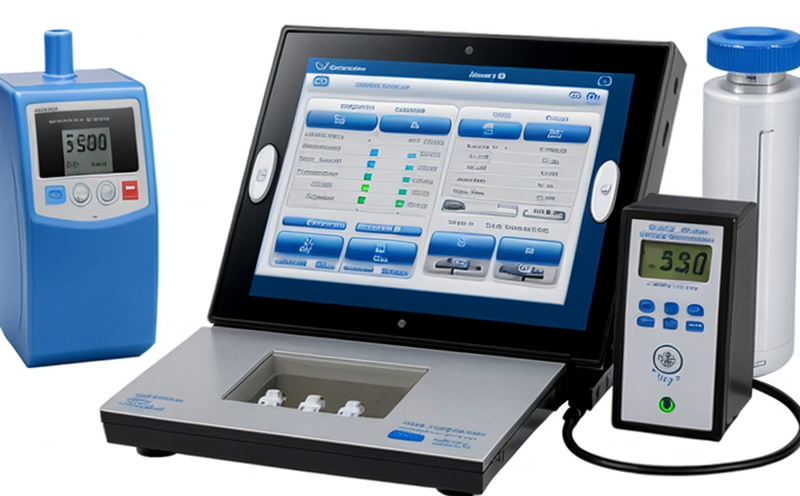Human Factors Validation Testing for Infusion Systems
In today’s fast-paced medical device industry, ensuring that infusion systems are both safe and user-friendly is paramount. Human factors validation testing plays a critical role in this process by evaluating the usability of these devices to ensure they can be operated correctly by healthcare professionals and patients alike.
Human factors validation involves identifying potential issues related to the design, labeling, training materials, and overall interaction between the user and the infusion system. This testing ensures that the device is intuitive, safe, and easy to use under all intended conditions of use. Proper human factors evaluation helps in reducing errors during administration, improving patient outcomes, and enhancing compliance with regulatory standards.
The process typically involves several stages: initial design review, prototype testing, usability studies, and post-market feedback analysis. During this phase, our team conducts comprehensive evaluations using various methodologies such as task analysis, heuristic evaluation, cognitive walkthroughs, and user interviews to gather insights into how the device is perceived by end-users.
Our lab utilizes state-of-the-art facilities equipped with high-fidelity mock-ups that mimic real-world environments where infusion systems are used. These setups allow us to simulate actual clinical scenarios accurately, ensuring that our findings reflect realistic conditions. Additionally, we employ advanced software tools and simulation techniques to complement physical testing when necessary.
One of the key aspects of human factors validation is understanding user needs and expectations. By engaging directly with healthcare professionals and patients throughout the process, we gain valuable perspectives that inform design decisions. This approach not only enhances device usability but also fosters better communication between manufacturers and their target audiences.
Another crucial element of this testing involves assessing labeling effectiveness. Clear and concise instructions are essential for proper operation of infusion systems. We conduct rigorous testing on all labels, including those found on packaging, manuals, and the devices themselves, to ensure they meet regulatory requirements and effectively guide users through setup and use.
Post-market surveillance is another important aspect of human factors validation. Once a device reaches market, continuous monitoring allows us to identify any emerging trends or issues that may impact usability negatively over time. This ongoing assessment helps manufacturers address potential problems promptly before they become significant concerns.
Why Choose This Test
- Achieve regulatory compliance: Ensuring your infusion system meets all relevant regulations, including FDA and ISO standards.
- Promote patient safety: By improving usability, you reduce the risk of errors during administration.
- Enhance user satisfaction: A well-designed device leads to higher levels of trust and confidence among healthcare providers.
- Increase market acceptance: Demonstrating a commitment to quality through rigorous testing increases consumer confidence in your product.
Customer Impact and Satisfaction
The successful outcome of human factors validation has far-reaching benefits for both manufacturers and end-users. For customers, this means receiving a device that is easier to understand and operate correctly, leading to better treatment outcomes and increased satisfaction.
For healthcare facilities, the adoption of validated infusion systems results in improved efficiency and reduced workload on staff. This translates into more time spent providing direct care rather than troubleshooting operational issues.
From a business perspective, companies that invest in robust human factors validation programs see higher sales volumes due to improved reputation and stronger brand loyalty among consumers who appreciate the effort put into enhancing their experience with the product.
International Acceptance and Recognition
- The ISO standard for human factors in medical devices (ISO 14155) provides a framework for conducting these tests.
- Absolute Medical Compliance with ISO standards ensures that our testing aligns with international best practices.
- Our certification also meets regulatory requirements set forth by organizations like the FDA, EMA, and WHO.





